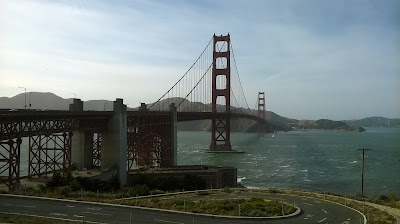When I arrived to Finland in August 2013, I immediately started to learn Finnish. First I took the staff course 'Survival Finnish', but I was looking for other opportunities as well.
When I went to swimming pools in Hungary, I always liked to take sauna, so from the second day of my stay I regularly went to the public saunas of Kortepohja student village. I'm really happy that I gathered a couple of friends there so I find a good company whenever I go to sauna. Our university has many exchange students and researchers from abroad, so the sauna is a real multicultural place where I always enjoy listening to many languages.
At the beginning, I basically communicated in English, but then I started to use more and more Finnish. Now I have a couple of friends who encourage me in learning Finnish: I can learn a lot from our conversations. However, I think that the situation in itself that I'm exposed to an enormous amount of Finnish talk around me can help me greatly.


















